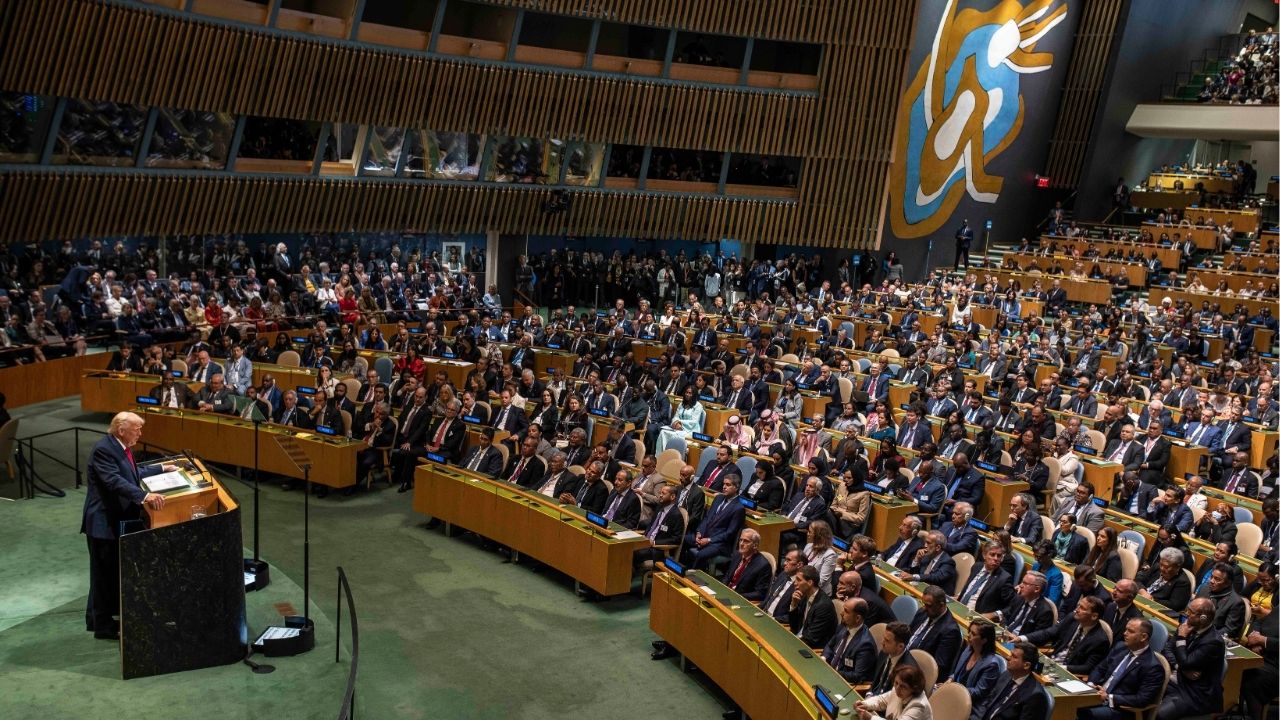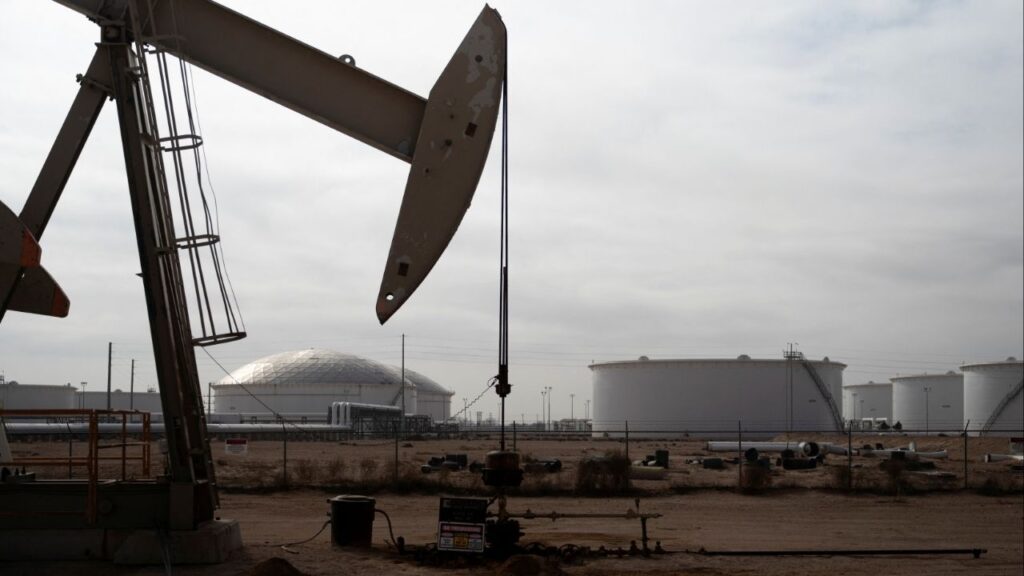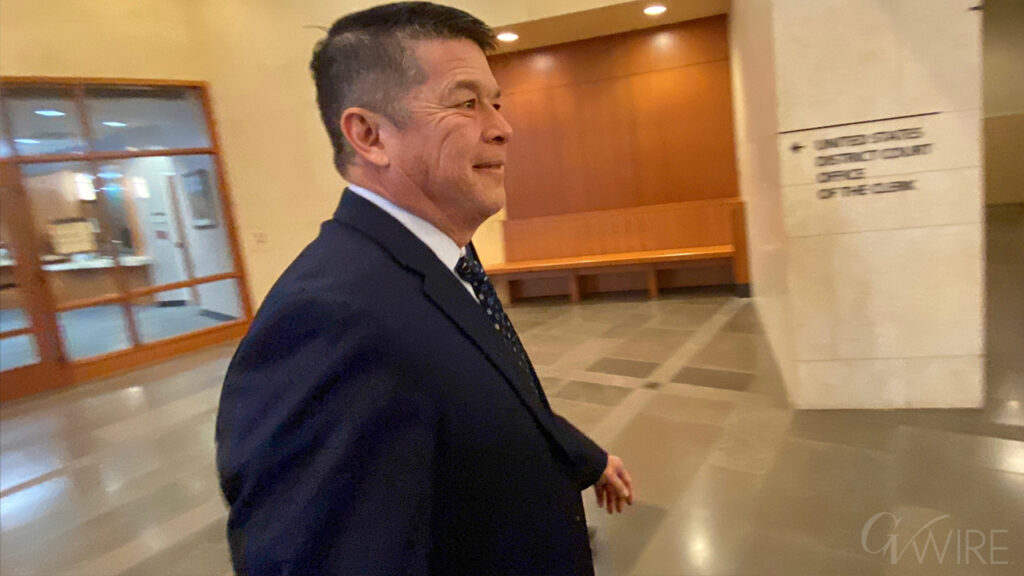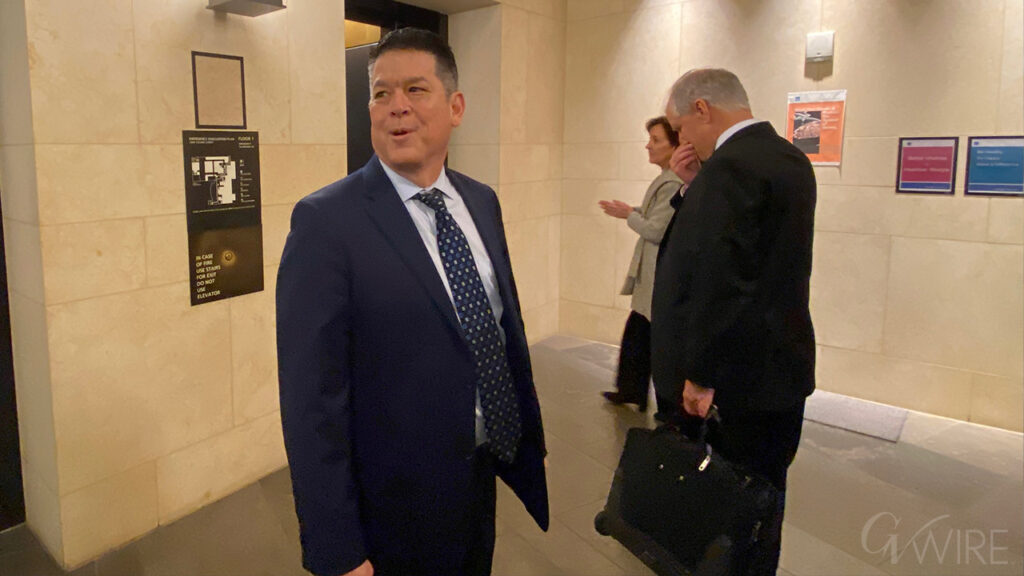President Donald Trump addresses the 80th session of the United Nations General Assembly at United Nations headquarters, Sept. 23, 2025. President Trump used a UN address to repeat his claim that he has ended seven wars around the world. During his speech, the president also disparaged the work of the United Nations, which, he said, “did not even try to help” in any of the conflicts. (Dave Sanders/The New York Times)
Share
|
Getting your Trinity Audio player ready...
|
President Donald Trump repeated his claim that he had ended seven “unendable wars” during his address to the United Nations General Assembly on Tuesday, saying, “It’s too bad I had to do these things instead of the United Nations doing them.”
Trump, who has a history of boasting about his role as a resolver of world conflicts as he campaigns for a Nobel Peace Prize, also disparaged the work of the United Nations, a body that he said “did not even try to help in any of them.”
“What is the purpose of the United Nations?” he asked. All the institution does, he added, is “write a really strongly worded letter and then never follow that letter up.”
In some of the instances that Trump claims to have brokered peace, the warring parties have credited him with calming hostilities or advancing talks toward a peace agreement. But his role is disputed or less clear in others. And in two major conflicts, the wars in the Gaza Strip and Ukraine, Trump’s efforts so far have failed.
Here’s a deeper look at Trump’s peace claims.
Armenia and Azerbaijan
Trump brought the leaders of Armenia and Azerbaijan to the White House in August to sign a joint declaration aimed at bringing their long-running conflict closer to an end.
Although it was not a peace deal, it was the first commitment toward reaching an agreement since violence broke out in the 1980s.
Leaders of both countries praised Trump for stepping in, but Azerbaijan continues to demand that Armenia change its constitution to remove mentions of the disputed Nagorno-Karabakh region.
Azerbaijan also still occupies small areas of Armenia, citing security concerns, and the countries have not agreed on a shared border.
Congo and Rwanda
In June, the top diplomats from Rwanda and Congo went to the Oval Office in Washington to sign a peace agreement aimed at ending a war that has raged for more than three decades.
Trump called the accord “a glorious triumph.”
But talks on a comprehensive agreement have since faltered, and deadly fighting has continued.
India and Pakistan
Trump has taken credit for mediating an end to a military conflict between the two nuclear powers that broke out anew in May after a terrorist attack in Kashmir killed 26 civilians.
India has acknowledged the United States played a role in mediating the conflict, but says it negotiated an end to the fighting directly with Pakistan.
India claims that Pakistani officials asked for ceasefire talks because of pressure from India’s military assaults. Pakistan denies this and has thanked Trump for helping to end the hostilities.
The differing accounts have contributed to a deterioration of relations between Washington and New Delhi, which is also playing out in Trump’s trade war.
Israel and Iran
After 12 days of military strikes in June that included U.S. attacks on Iranian nuclear sites, Trump abruptly announced a ceasefire agreement. He said that the United States had mediated it and claimed that Israel had turned around its warplanes at his behest.
Although neither side has disputed the American role in the truce, its durability remains in question.
While American intelligence has determined that the U.S. bombings badly damaged Iran’s most advanced nuclear enrichment site, some experts believe that Tehran could eventually resume enriching uranium, which is needed to build a nuclear weapon, at other sites.
Both Israel and the United States have vowed never to let Iran obtain a nuclear weapon.
Cambodia and Thailand
The two Southeast Asian neighbors engaged this summer in several days of fighting on their border that killed at least 42 people and displaced more than 300,000, one of the bloodiest conflicts between them in decades.
At the time, the Trump administration was discussing trade deals with a host of countries, and Trump said he had told the leaders of Thailand and Cambodia that he would stop trade talks unless they agreed to a ceasefire.
Two days later, officials met in Malaysia for talks organized by Malaysian and American officials and reached a deal to pause hostilities.
Although the fighting has stopped, critics of Trump’s approach say his intervention did not address the underlying causes of the conflict.
Egypt and Ethiopia
Egypt and Ethiopia are not engaged in a military conflict, but there are fears a diplomatic dispute between them over Africa’s largest hydroelectric dam might start a war.
Trump’s diplomacy has done little to resolve the dispute. Ethiopia has announced that it completed the dam, which officially opened this month. Egypt and Sudan oppose the project, fearing it will limit the flow of water from the Nile River to their countries.
Kosovo and Serbia
Trump also cited Kosovo and Serbia in his speech.
In 2020, the two nations signed an agreement to pursue economic engagement in the Oval Office. But no peace agreement has been signed between them.
The dispute stems from the status of Kosovo, which declared its independence 15 years ago, almost a decade after NATO’s 78-day bombing campaign in 1999 that drove Serb forces, then engaged in the brutal mistreatment of ethnic Albanians, from Kosovo.
While an independent Kosovo has been recognized by the United States and many European countries, Serbia — as well as its key allies, Russia and China — still refuses to recognize Kosovo’s independence.
—
This article originally appeared in The New York Times.
By Pranav Baskar/Dave Sanders
c. 2025 The New York Times Company
RELATED TOPICS:
Categories
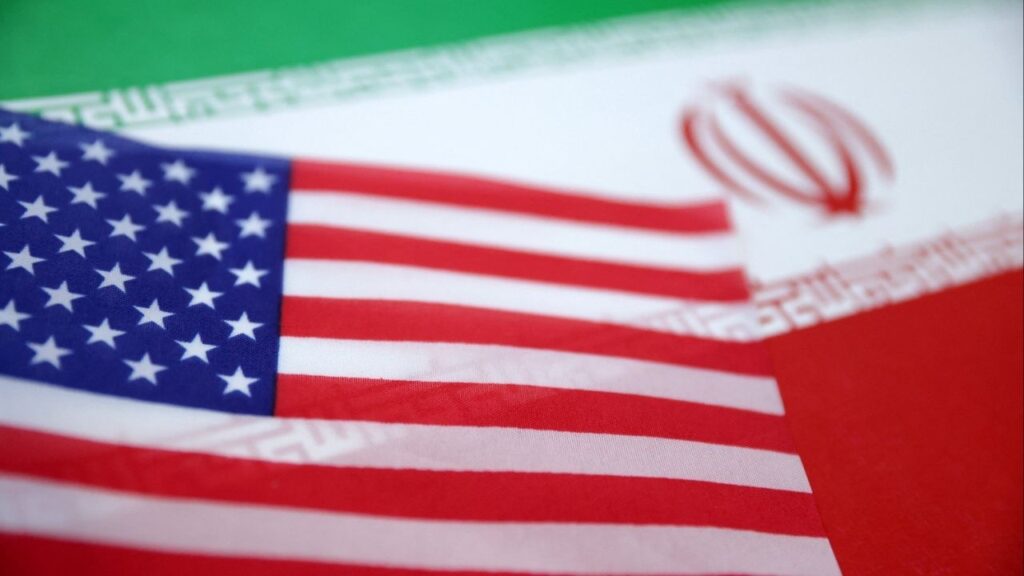
US, Iran Spar Over Nuclear Talks at UN



